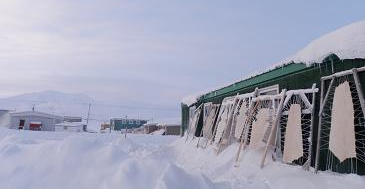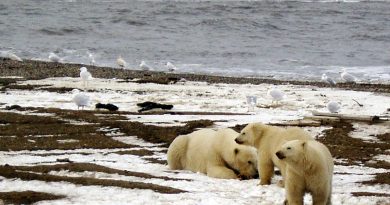UK-led Joint Expeditionary Force will have ramifications for Arctic security: experts
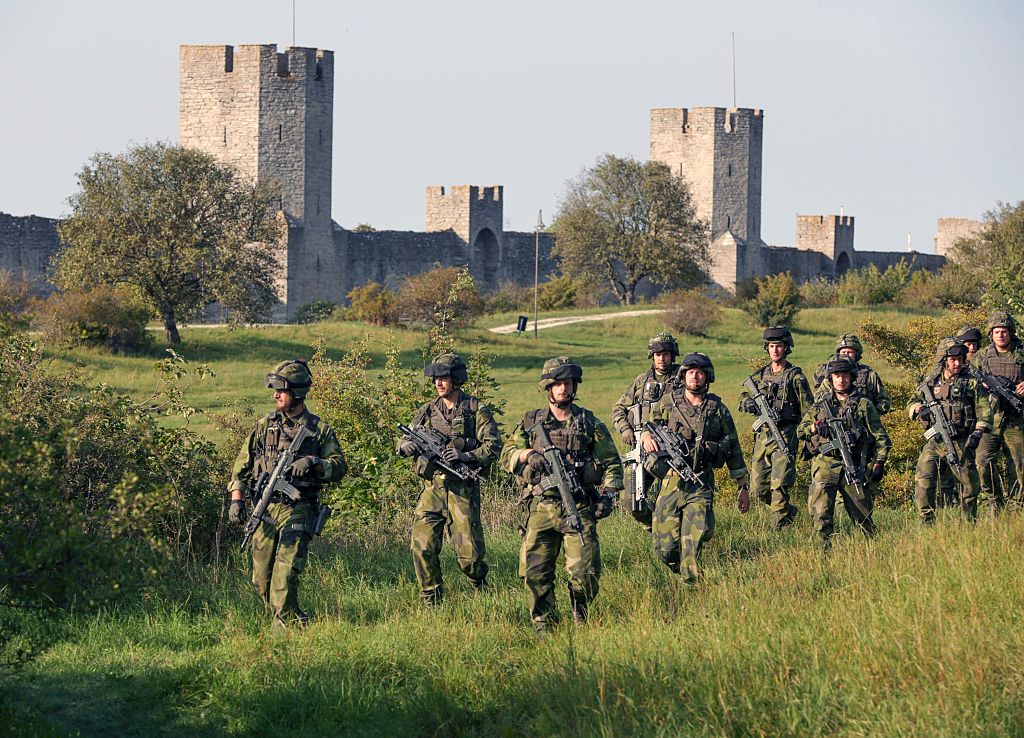
A seven-country rapid reaction force to shore up defences of the Baltic states against an increasingly assertive Russia could have major implications for Arctic security and politics if Finland and Sweden decide to join it, experts say.
The United Kingdom has offered Finland and Sweden the possibility of joining in the UK-led Joint Expeditionary Force (JEF), which is currently made up of the UK, Denmark, Estonia, Latvia, Lithuania, the Netherlands and Norway, Finland’s YLE News reported last week.
According to a letter of intent signed by these seven countries in September 2014, the aim is to develop the JEF, which will consist of a backbone of UK commando, airborne, armoured, aviation, air and maritime task groups and various units from member countries, to be fully operational before 2018 and be able to “deploy immediately if required.”
Warning to Russia
“What the end run seems to be with these countries and with these efforts to improve integration is, first of all, to send a message to Russia in terms of the disapproval these countries have with what is being characterised as increased aggressive actions on the part of the Russians,” said Rob Huebert, an associate professor in the Department of Political Science at the University of Calgary and a senior research fellow with the Centre for Military and Strategic Studies.
“I also think that there is a very real possibility that what is also happening is that this is starting to pave and prepare the road for eventual NATO membership on the part of Sweden and possibly Finland.”
Changing foundation of Arctic security
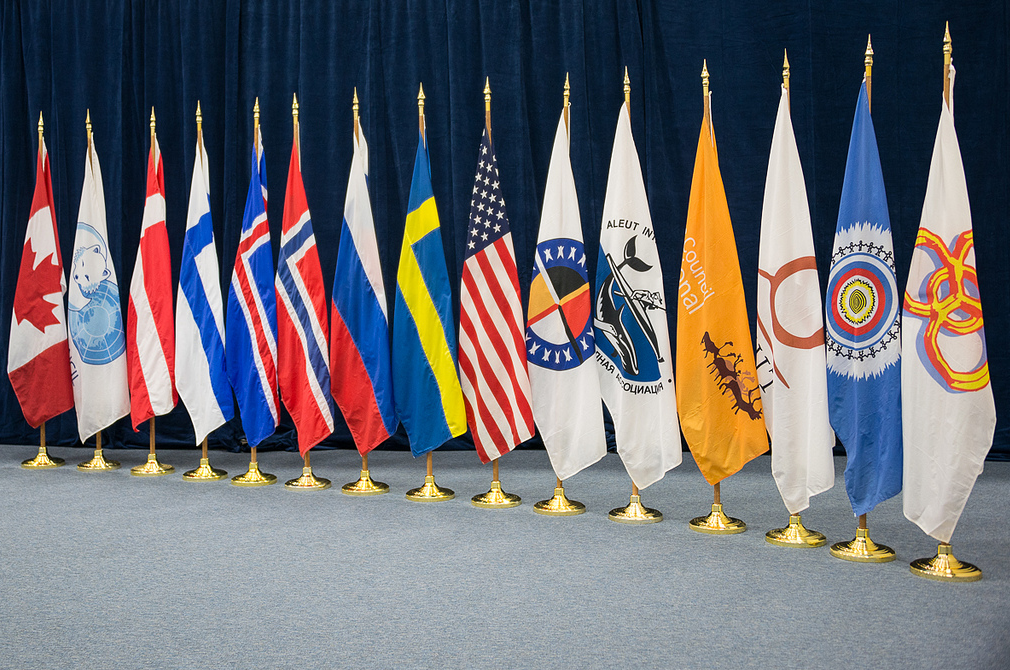
If Sweden and Finland were to join NATO – and these are very big ifs at the moment – this would change the very foundation of a lot of the Arctic security, Huebert said.
“Specifically, you would see the Arctic Council all of a sudden moving up to having seven NATO members against Russia,” Huebert said. “Would Russia continue to participate the way it has been in regards to the Arctic Council? Or would it feel that this is an effort to encircle it?”
It’s also not clear whether the JEF will succeed in modifying the increasingly assertive Russian behaviour, Huebert said.
“So either way of the spectrum, regardless of what you believe, you can see that the greater integration of Finland and Sweden with other NATO members and obviously northern-looking focus is going to have an impact on Arctic security in general,” Huebert said.
London’s calling
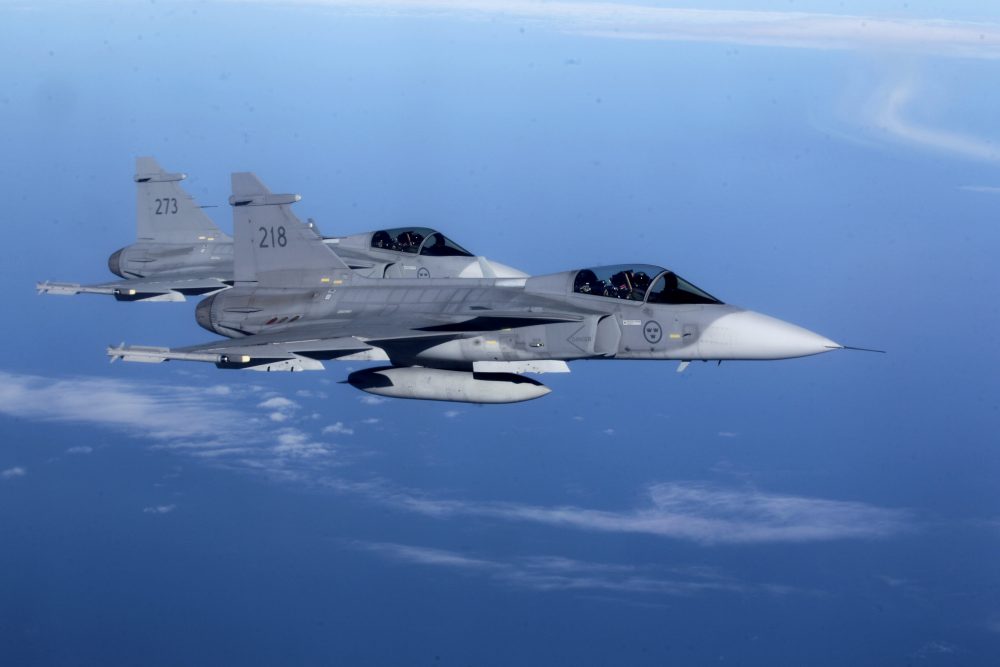
Niklas Granholm, deputy director of studies at the Swedish Defence Research Agency, Division for Defence Analysis, said the idea for the JEF also has to be seen in the context of Brexit and London’s desire to play a major security role in northern Europe even at it exits the European Union.
“It could be that Britain wants to retain or be part of some kind of military cooperative structure outside of NATO and outside of the European Union,” Granholm said.
The JEM could also be seen as a response to the deteriorating security situation in northern Europe and NATO’s attempts to shore up its allies in the Baltics, Granholm said.
“We should also remember that NATO itself has decided on reinforcement of three Baltic republics – Estonia, Latvia and Lithuania – plus Poland,” Granholm said.
The North Atlantic alliance is deploying a British force to Estonia, a German force to Lithuania, and Canada will lead combined force in Latvia.
Other experts have pointed out that being outside NATO, the JEF could also serve as a way to circumvent limitations imposed by the 1997 NATO-Russia Founding Act, which commits both sides to “to exercise restraint” in relation to the “current postures and capabilities of their conventional armed forces” in the region.
Moving away from tradition of non-alignment
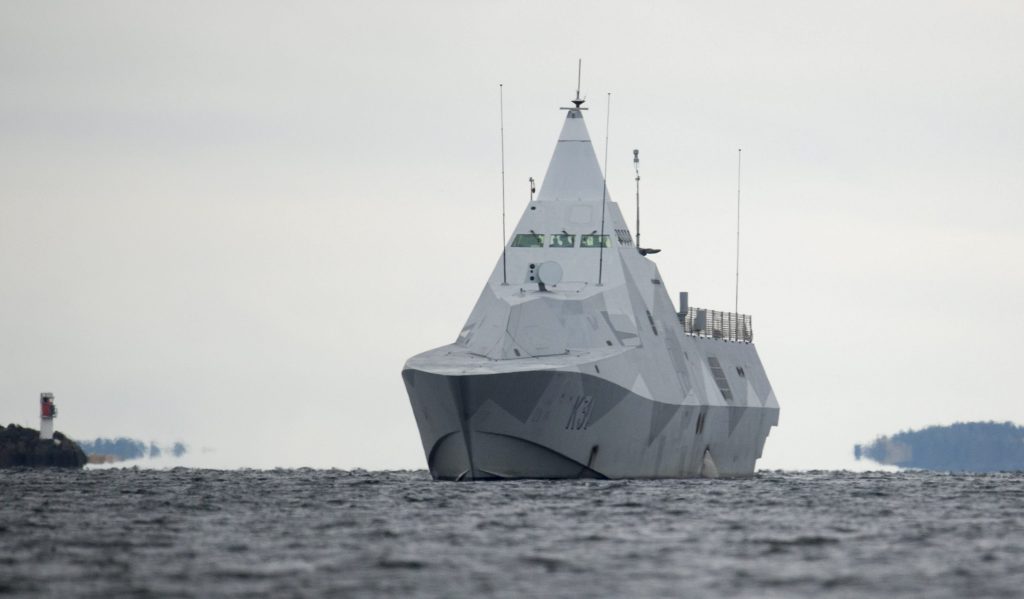
If Finland and Sweden decide to take part in the JEF, they will continue a trend of closer cooperation with NATO and bilateral defence ties with lead NATO members that began in the early 1990s, Granholm said.
“Post-World War Two Finland survived as a democracy after having lost the war against the Soviet Union but they were very much limited in what they could do in security affairs for the duration of the Cold War,” Granholm said. “This gradually ended in the early 1990s.”
From the late 1940s to early 1990s, Sweden had a policy of neutrality, the country was militarily non-aligned in peacetime with the aim of neutrality in wartime, Granholm said.
“And then we did away with much of that rhetoric and also eventually joined the European Union,” he said.
This opened the door to very close cooperation with NATO in UN- and NATO-led peace support operations in various trouble spots from the Balkans to Afghanistan.
That led to growing internal debates in Sweden whether the kingdom needs to abandon its non-aligned tradition and join NATO.
The current government policy driven mainly by domestic political considerations is not join NATO but to cooperate with the alliance, Granholm said. The Swedish government also pursues strong bilateral security ties with the U.S. and the UK, and the invitation to join the JEF is part of that cooperation, Granholm said.
‘Automatic link’
Participation in the JEF offers a “nearly automatic link between one of the leading military powers in Europe with its experience and Sweden and Finland,” he said.
The drawback is that participation in the high-readiness force is likely to strain the already scarce resources of both countries’ militaries, Granholm said.
The JEF could have implications far beyond the Baltics, Granholm said. It’s important to understand that northern Europe – from the North Cape in Norway and up to Spitsbergen, and areas to the west, including Iceland and Greenland – is one strategic space, Granholm said.
The issue with Russia
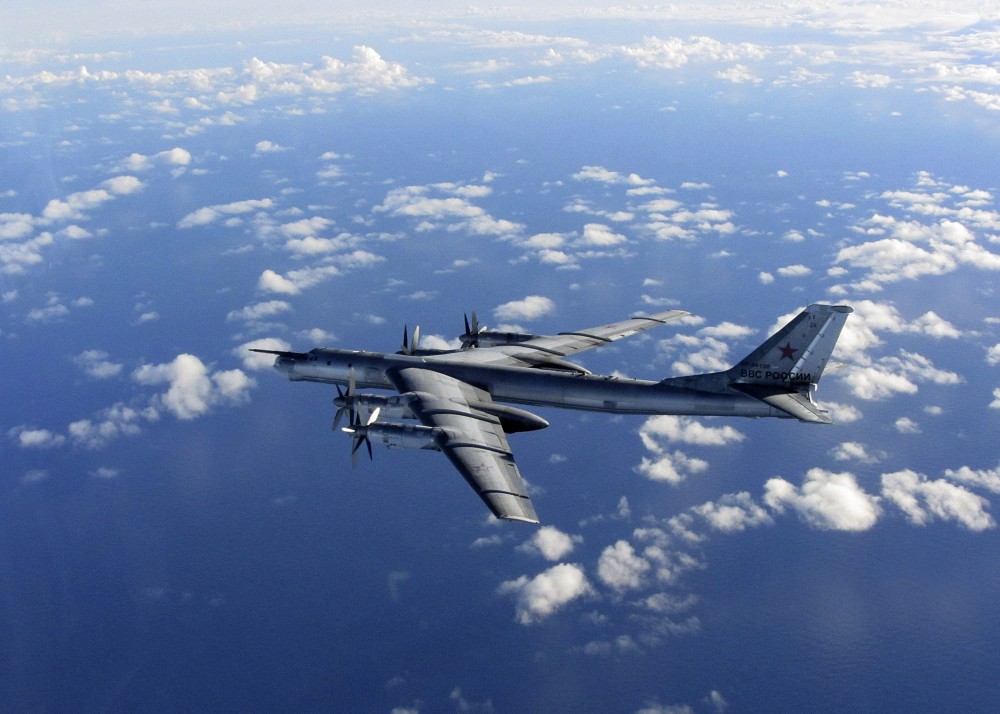
The issue at hand is how Russia behaves, he said.
“And we’ve seen that Russia invaded and annexed Crimea, and is supporting a war in eastern Ukraine,” Granholm said. “Basically, Russia seems to have thrown out the rule book regarding the European security order that we had since the early 1990s.”
Russian officials on the other hand say they are simply responding to a growing threat from NATO, which keeps coming closer and closer to Russia’s borders, not the other way around.
Related stories from around the North:
Canada: Canadian military trains to respond to Arctic earthquake, Radio Canada International
Finland: Finnish Air force to take part in joint Finnish-Swedish-US military exercises, Yle News
Norway: Norway patrolling Russia’s military activity in Arctic with new intelligence vessel, The Independent Barents Observer
Russia: Paratrooper exercises over Arctic Russia, The Independent Barents Observer
Sweden: New security landscape in the Arctic, Radio Sweden
United States: U.S. Arctic strategy puts Canada and Russia on notice, Eye on the Arctic

